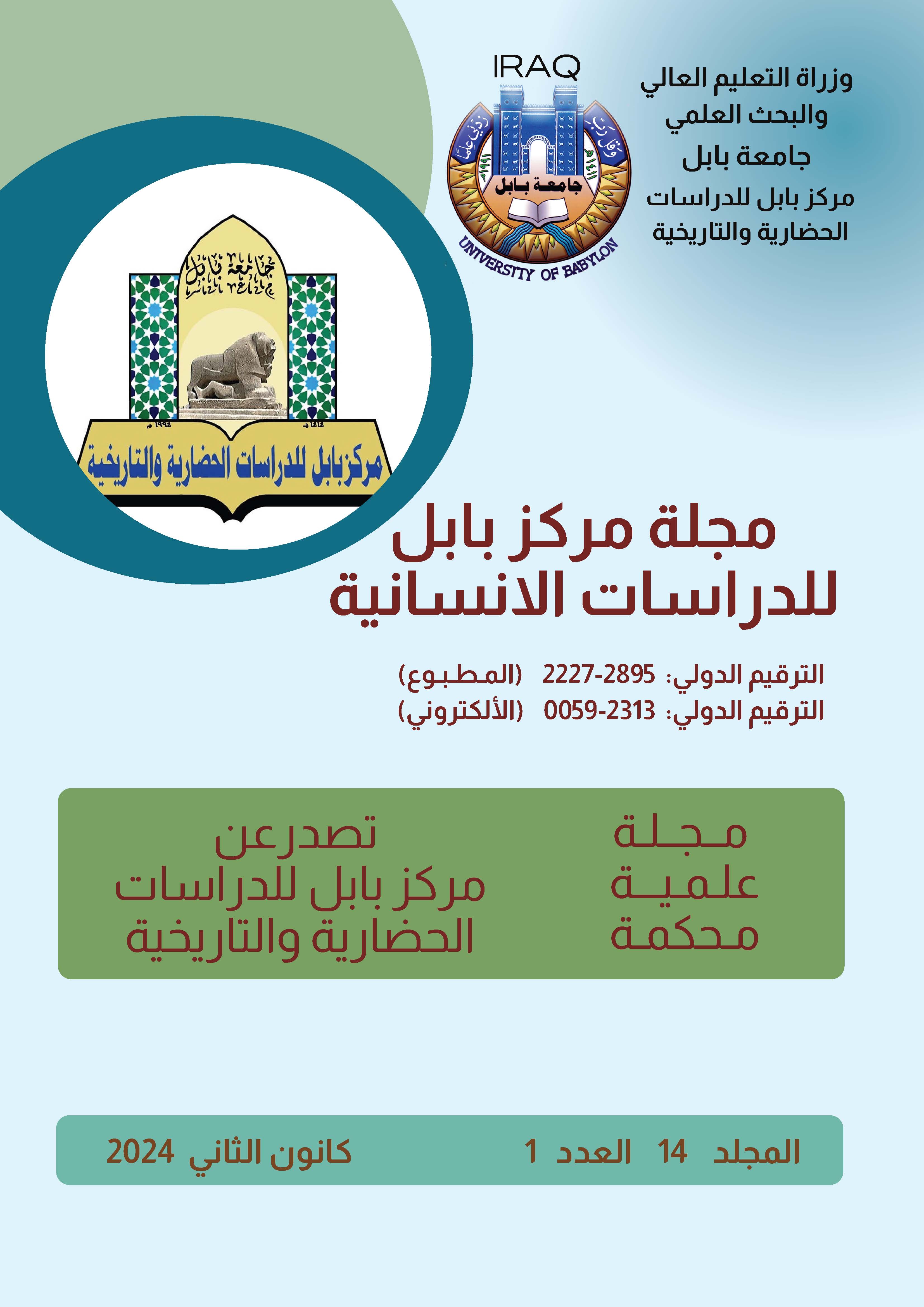Now I Could Tell My Story: A Postcolonial-Feminist Study in Eavan Boland's "Mother Ireland"
Keywords:
Marginalization, Silence, Mother Ireland, Nationalism, Postcolonial FeminismAbstract
Ireland was unjust to its women. For many years, Irish women were marginalized and their voices were silenced; they were absent from history, culture, and even literary works. Ireland is viewed as a woman not only by colonialists, but also by the Irish themselves, the nationalists. Ireland has become feminized and is referred to as "Mother Ireland". Women have lost all humanity through the association of both Ireland and women with the legend of Mother Ireland. Boland revolts against this despised depiction of women's dignity. Therefore, she, in her " Mother Ireland", attempts to present a new Mother Ireland, distinct from the old and traditional one. Unlike the original Mother Ireland, this new image embodies the true Irish woman and her daily experiences, which have long been excluded from the literary world. The researcher is going to use the theory of Postcolonial Feminism to approach Boland's works. This paper shows how Irish women are victimized by the masculine misrepresentation and how Boland challenges the stereotypical male images of Irish women. Ireland has become feminized and is referred to as "Mother Ireland". According to Catherine Nash, a professor of Human Geography at the University of London, depicting the Irish woman as Virgin Mary and connecting her to the concepts of perfection, idealism, and motherhood implies that women's lives are limited to their homes, husbands.







